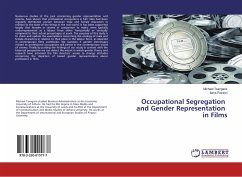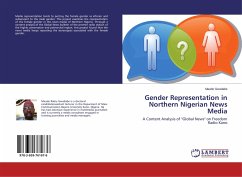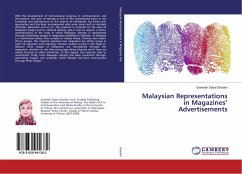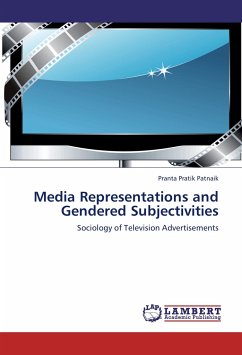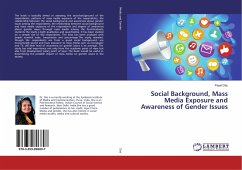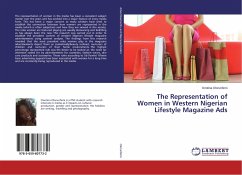Numerous studies of the past concerning gender representation and cinema, have shown that professional occupations in film roles had been regularly distributed uneven between male and female characters in relation to the state of the things in the real world. It has been supported largely that females in cinema in comparison to males, were typically underrepresented as a labour force either 'horizontally' or 'vertically' compared to their actual percentages at work. The purpose of this study is to check and update the assumptions concerning the analogy of male and female characters in relation to their place in the labour force, as depicted in contemporary films worldwide. We question if gender stereotypes related to professional occupations still persist in the contemporary world of cinema. Finally by putting the findings of our study in context with the historical perspective we can detect the extent in which gender theory and research have activated the film directors' senses to change attitudes concerning the depiction of biased gender representations about professions in films.
